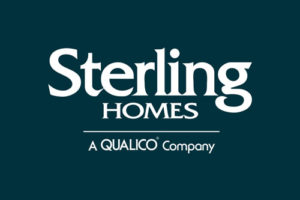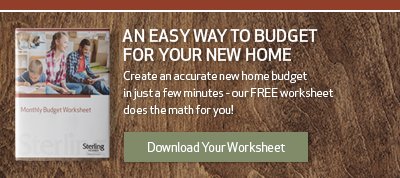 Qualifying for and getting approved for a mortgage means completing a lot of paperwork. Throughout the mortgage process, your lender will require many documents from you to establish your credit, income, debt, ability to repay, and the value of the home. Gathering these documents ahead of time as much as possible can streamline the process and avoid unnecessary delays.
Qualifying for and getting approved for a mortgage means completing a lot of paperwork. Throughout the mortgage process, your lender will require many documents from you to establish your credit, income, debt, ability to repay, and the value of the home. Gathering these documents ahead of time as much as possible can streamline the process and avoid unnecessary delays.
Property Documents
While you can get an idea of your potential loan amount from a mortgage pre-approval, you can’t actually apply and qualify for a mortgage until you make an offer on a home. This is because the property itself must be assessed as much as the borrower. You will need to provide documentation about the property that may include:
- Copy of the signed sales contract
- Verification of deposit on the property
- Names and contact information for builders, insurance agents, and attorneys involved in the sale
- Copy of the Listing Sheet and legal description, when available
 Employment Documents
Employment Documents
Your income determines your ability to pay and it is one of the major factors that determine whether you qualify for a mortgage. A lender will typically require proof of employment. There are many documents that may be requested:
- T4 slips
- Copies of the last 2 paystubs
- Personal income tax return
- CRA Notice of Assessment for the last 2 years
- Letter from employer’s HR department explaining your position, salary, and length of employment
- Year-to-date earnings and current NOA if employed by a relative
Self-Employment Documentation
About 1 in 5 income earners throughout Canada are self-employed at least part-time. Qualifying for a mortgage when you are self-employed can be difficult, but not impossible. The greatest challenge is proving income. As a self-employed borrower who can prove income with your personal tax NOAs for the last two to three years, you will have the same access to mortgage rates and products as other borrowers.
- Your lender will require additional documentation showing your income and business stability.
- Incorporation documents and financial statements for 2-3 years (if incorporated) or a copy of your business or GST license.
- Personal tax returns.
- CRA Notice of Assessments, both personal and corporate.
- Proof GST and/or HST is paid in full.
- Proof you are a principal owner of your business.
- You may also need to provide copies of your books, especially your Profit & Loss statements and General Ledger. Your bookkeeper can help you prepare these reports. If you are applying for a conventional mortgage, you will need income that can be verified with financial statements prepared by an accredited accountant.
 Documents for Other Sources of Income
Documents for Other Sources of Income
You may have income from other sources that require a statement. Some lenders do require additional documentation for these forms of income. Not all types of income count for a mortgage; some count 100% toward qualifying for a loan while others may count just 50% or 0%. The following are some of the most common sources of income outside of wages and self-employment:
- Pension.
- Rental income.
- Part-time income. If you have two part-time jobs, all of the income from both jobs may be used to qualify you for the loan as long as both jobs together equate to a single full-time job. If you have a full-time job and a part-time job, the additional income may be included if the income has been consistent for 2 or more years.
- Commission income.
- Overtime income. Overtime pay can be used to qualify for a mortgage if you have a proven track record and there is an opportunity for continued overtime.
- Alimony or support payments. For payments to qualify as income, you must show proof that payments have been made regularly for 3 or more years. You will also need to provide a copy of the divorce or separation agreement that details the support payment terms and confirmation that the payments will remain regular for 5 or more years.
Down Payment Documents
You will need to make a minimum down payment for your home purchase without taking out a loan. This usually means at least 5% of your purchase price, but putting down at least 20% allows you to avoid CMHC insurance.
Lenders generally require that the down payment come from your own resources. This means it is a non-repayable gift from an employer or relative, your savings, or net proceeds from the sale of property. To verify this, you may need to provide:
- Bank statements that show an accumulation in savings over time with at least 3 months’ history.
- Statements of recent large payments with a paper trail.
- Letter of confirmation verifying the money is a gift, if using gifted money.
- Verification that the funds were on deposit before closing.
- Offer to purchase and sale with a mortgage statement, if using the proceeds from the sale of property.
Keep in mind everyone’s situation is unique. The documents your lender requires to process your mortgage may vary from those listed above and it may also depend on the type of loan you get. If your lender asks for additional information, do your best to provide the documents as soon as you can to close your loan on time.




